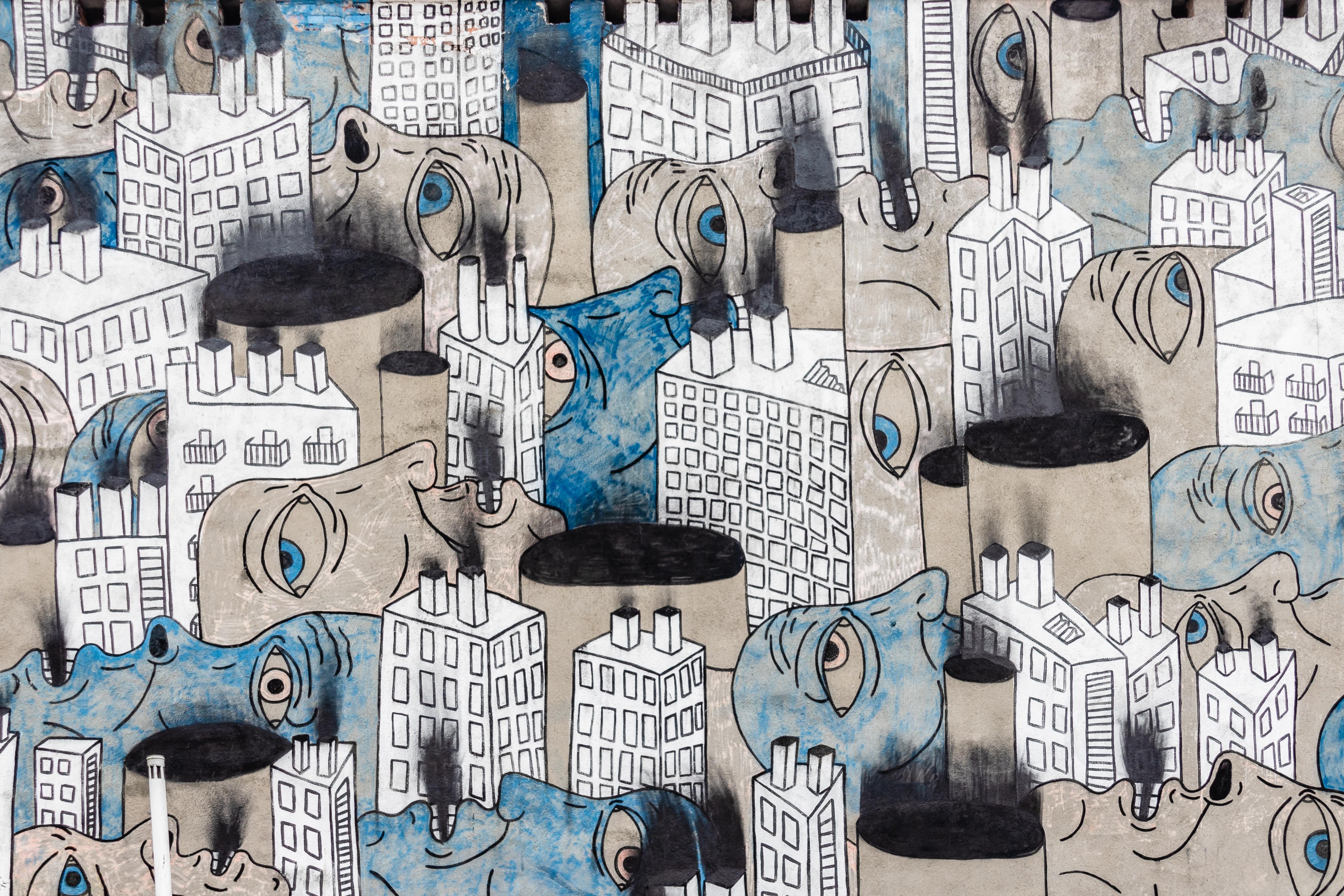 Tuca & Bertie, a new adult cartoon series on Netflix includes episodes that address mental health topics. The show is centered on two 30-something “bird girls” in a world with animal-people and plant-people. Characters have flowers and leaves instead of human heads. As a cartoon, it is, of course, humorous, but also has moments that incorporate mental and emotional health issues.
Tuca & Bertie, a new adult cartoon series on Netflix includes episodes that address mental health topics. The show is centered on two 30-something “bird girls” in a world with animal-people and plant-people. Characters have flowers and leaves instead of human heads. As a cartoon, it is, of course, humorous, but also has moments that incorporate mental and emotional health issues.
Those who want to explore this medium as a form of self-expression can do so through an online course called 'Going in for the Snakes', offered by Sequential Artists Workshop. The class is about "Storytelling with words, drawings, honesty, transmutation, and even lying in the service of emotional power."
Yet, we also have cartoon images shared by Jim Carrey on Twitter that have led to some questioning his mental health. Experts say cartoons, comics, graphic novels, and other images are helpful for those struggling from mental health issues and for spreading awareness, but only when done respectfully.
Those who have not experienced a mental health condition in themselves or family members or who have not received training may feel mental health is a difficult concept to understand. Dr. Elizabeth O'Keefe is a psychologist who believes cartoons and comics are a useful way to educate people on mental health concerns. She says “Sometimes a description of mental health symptoms is difficult for people to relate to and can feel somewhat abstract. Whereas, seeing a visual representation may increase someone's understanding of how a certain mental health concern looks or feels. Creating humorous cartoons might be a difficult task. Specifically, if the goal is to increase awareness while also taking care not to make light of very serious or painful mental health issues.”
In addition to helping with understanding, Raffi Bilek, therapist and director of Baltimore Therapy Center, sees benefits in using cartoons to reduce mental health stigma, as we see with Tuca & Bertie. He explains: "Cartoons can be an effective and non-threatening way of communicating important ideas to an otherwise uninterested public. The critical point to keep in mind is simply that they must always remain respectful of the people we're trying to help, namely, those suffering from mental illnesses. It is easy to cross the line from witty to sarcastic to mean, and then to insist that it was all in good humor because it's 'just a cartoon.' So, yes, cartoons can be used to great effect for conveying important ideas; we just have to remain cautious about conveying respect at the same time."
When it comes to stigma, one condition where this is common is postpartum depression, a topic addressed in Good Moms Have Scary Thoughts: A Healing Guide to the Secret Fears of New Mothers. Using comics, the book highlights unspoken thoughts, emotions, and intrusive worries of postpartum women. Karen Kleiman, MSA, the author, said “the comics provide easy access to essential, restorative information through relatable characters, acting as tools for moms to help them express the inexpressible. The harder the words are to say aloud, the more they seem to resonate with moms who can relate to the graphic depiction. It is not only an appropriate use of the medium, but it also serves as a safe and much-needed outlet for self-expression.”
The book not only assures new moms that their concerns are valid and relatable, but it also “helps the reader determine when she might need to ask for help,” added Kleiman. “If we reach each mom, we can intervene in the event that she doesn’t like the way she is feeling. We empower moms to know the difference between ‘normal’ emotions and those that may indicate they need more support."
What experts agree on is that there is no perfect medium for addressing mental health. As Dr. Holly N. Sawyer states, “Discussing mental health through various types of mediums is what will normalize it. Using different mediums is what it will take to reach all types of people.” And whether it’s helping those who are suffering from mental illness or increasing understanding for those who do not understand it, cartoons are a valid part of that toolkit. And with online communities and courses created just for cartooning, it's easy to explore.
Tina Arnoldi, MA is a marketing consultant and freelance writer in Charleston SC. Learn more about her and connect at TinaArnoldi.com